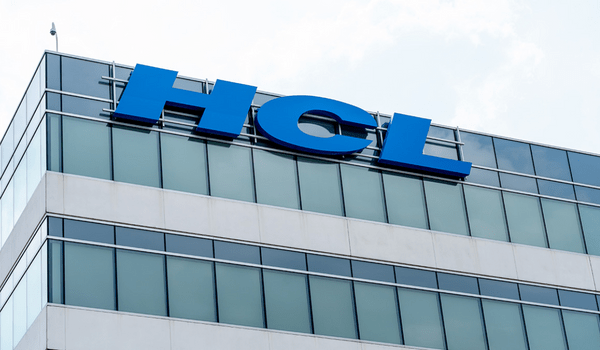Maintaining an optimised hybrid model, HCLTech aims to have nearly 70 percent of its workforce return to physical workspaces by the end of the current fiscal year. In an interview with media, CEO, C Vijayakumar, stated that the company has tailor-made the hybrid policy to meet the requirements of its employees and they see a gradual rise in the number of individuals returning to the office.
According Vijayakumar, the company follows a hybrid-first virtual operating model that prioritises the needs of its employees. Therefore, they expect employees to come to the office three days a week. He further stated that currently, at least half or 50 per cent of their workforce is coming to work three days a week, and this number is steadily increasing.
Moreover, the decision to call employees to office is based on the specific requirements of each project the company currently has at hand. In other words, all the projects that the company is currently working on requires employees to be physically present in the office for a certain period each week.
In these lines, Vijayakumar also stated that the percentage of employees working in the office may reach around 70-75 per cent by the end of the year. However, the company does not anticipate it going beyond that level.
According to Vijayakumar, the division between employees’ preferences regarding returning to the office is not necessarily influenced by generational differences. Instead, he believes that individuals from various generations within their workforce can be found on both sides of the spectrum. The determining factors for employees’ choices, in his view, are their personal circumstances, preferences, and comfort zones.
As things return to a state of normalcy, numerous technology companies are intensifying their efforts to have their employees return to office spaces, even if it’s only for a specified number of days per week. Over the past few months, there has been a gradual increase in the number of employees coming back to the office, resulting in office cubicles being occupied more regularly.



